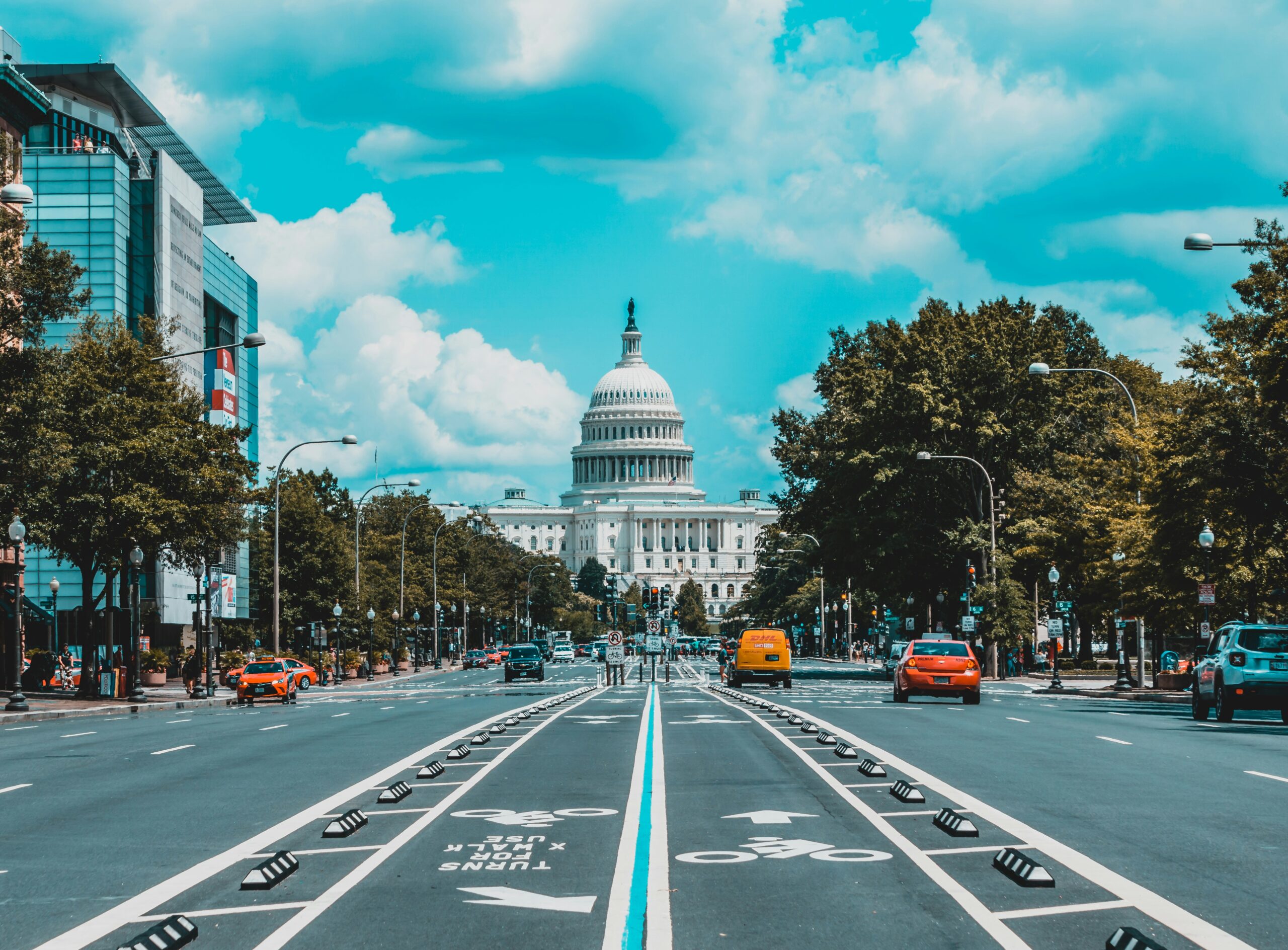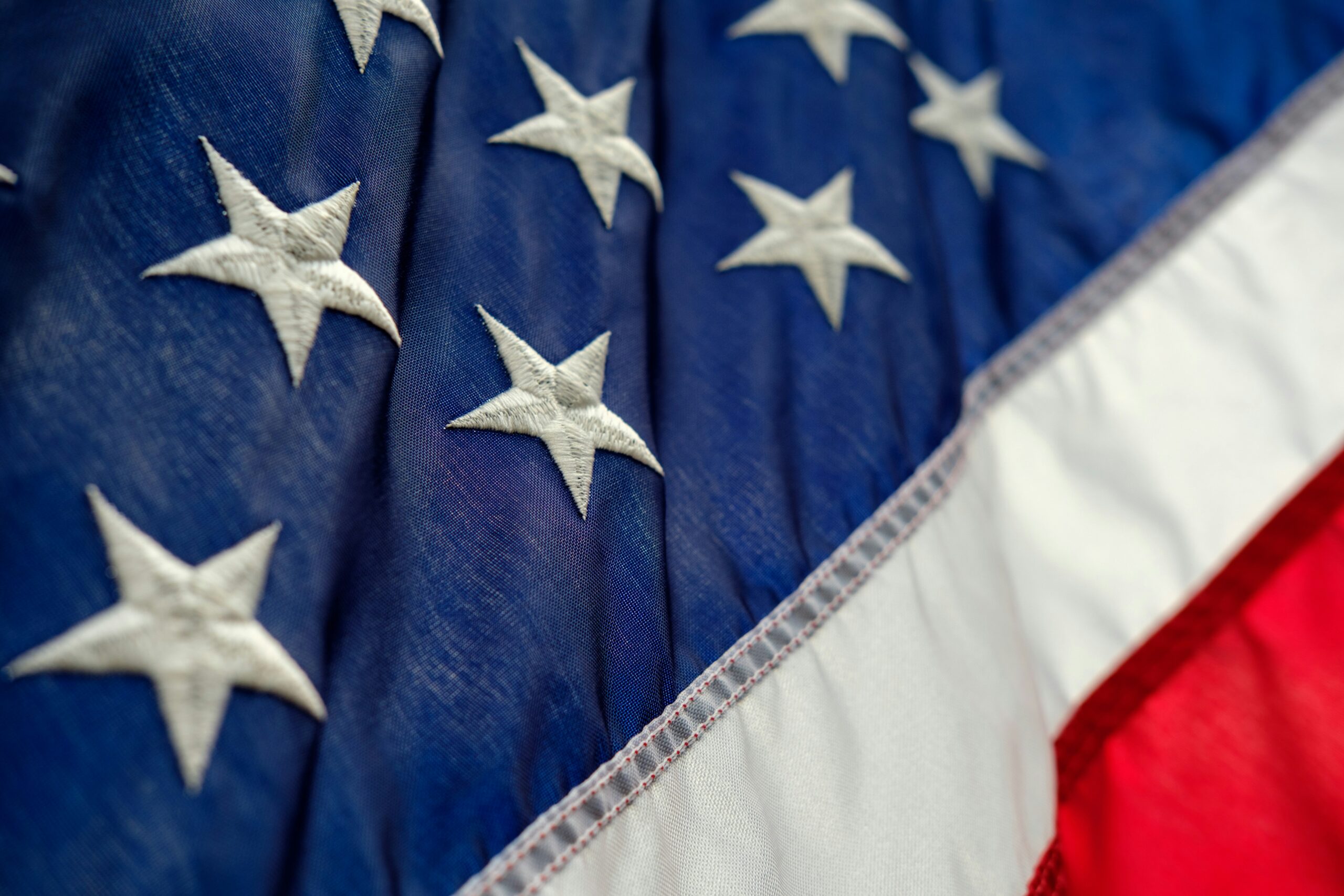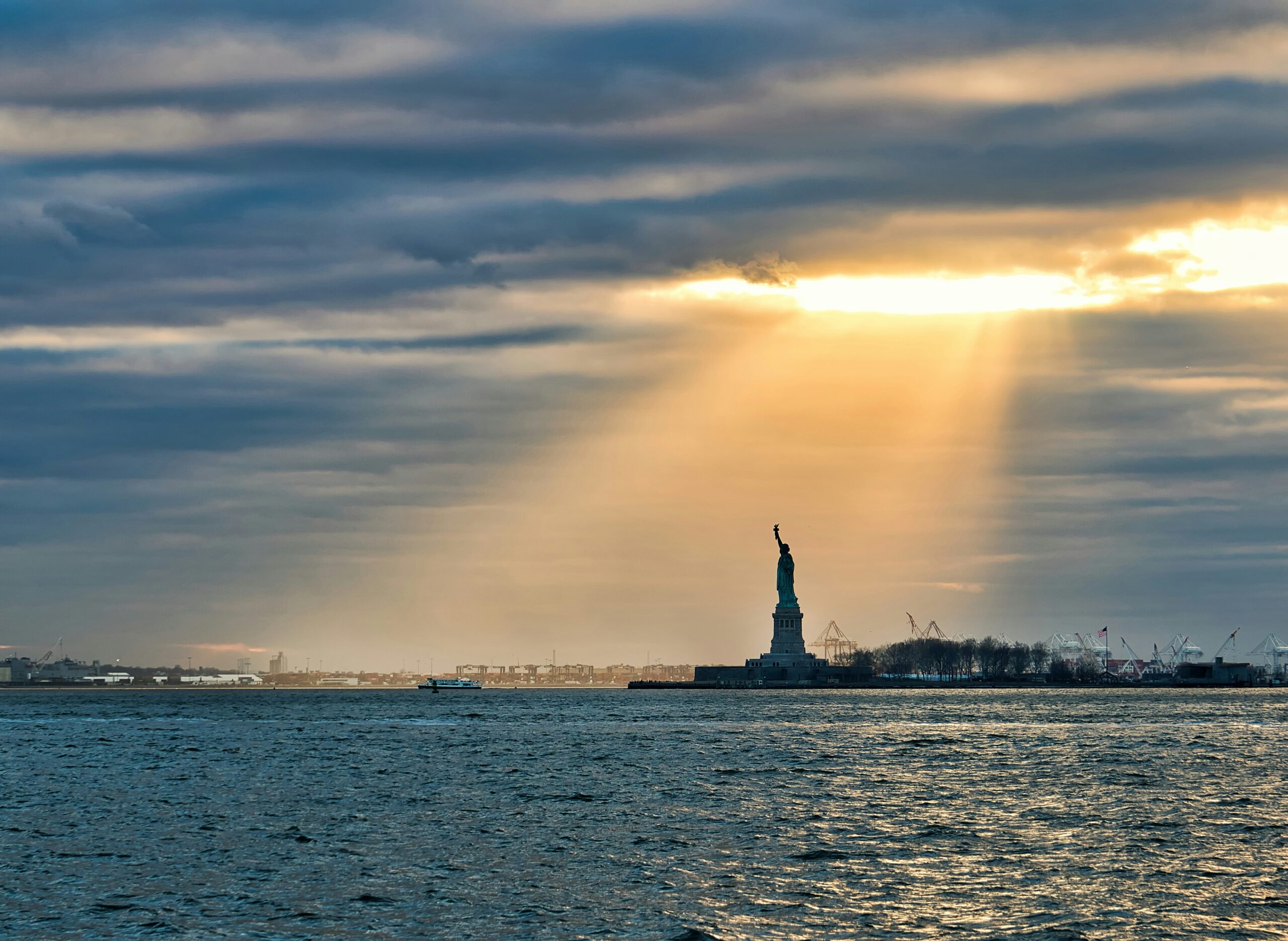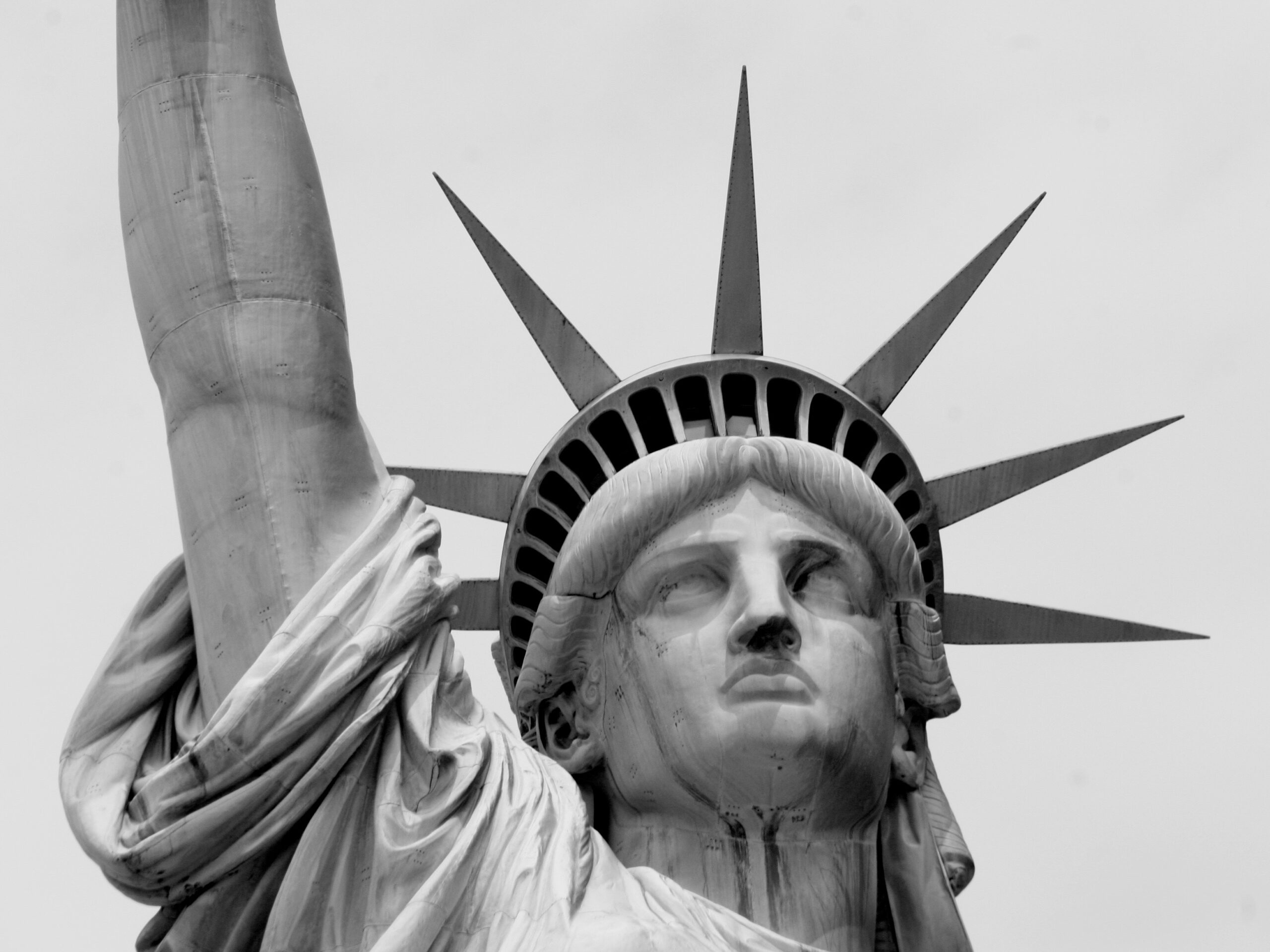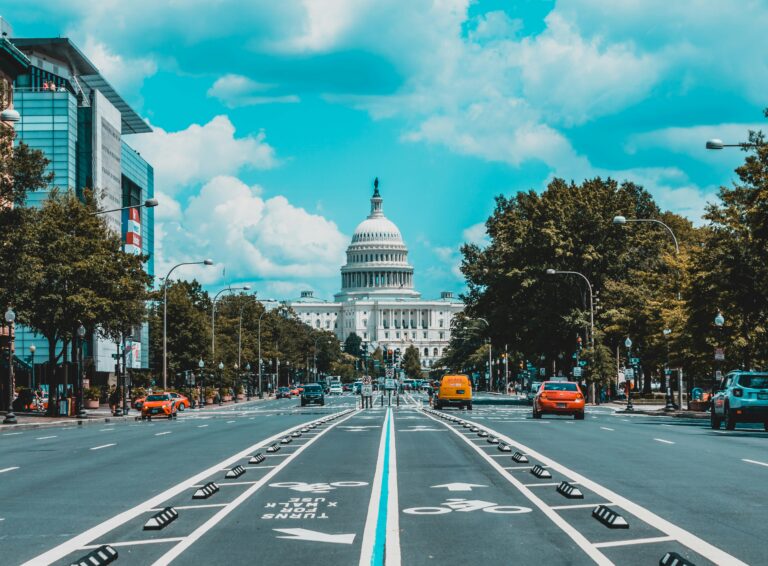As Americans gather this Independence Day to celebrate freedom, it’s worth revisiting the revolutionary ideas that launched the nation nearly 250 years ago. At the heart of it all is a single line from the Declaration of Independence: “All men are created equal.”
Written by 33-year-old Thomas Jefferson in 1776, that phrase still shapes the way Americans think about liberty, rights, and government. “Jefferson wasn’t just a good writer, he was a powerful thinker, and his ideas were grounded in centuries of political philosophy,” said J. David Gowdy, president of the Virginia Institute for American History. “His library eventually became the foundation of the Library of Congress.”
Jefferson was chosen to draft the Declaration not only because he was from politically important Virginia, but because he had already made a name for himself. His 1774 pamphlet, A Summary View of the Rights of British America, had laid out many of the same natural rights arguments that later appeared in the Declaration. “He had already written against slavery, against tyranny, and in favor of the natural rights of man,” Gowdy explained.
Jefferson drew from Enlightenment thinkers like John Locke and Algernon Sidney. “In a letter from 1825, Jefferson said the Declaration’s authority rested on the harmonizing sentiments of the day, philosophers like Aristotle, Cicero, Locke, and Sidney,” Gowdy noted. “These weren’t just abstract ideas. They were guiding principles.”
But Jefferson’s legacy is complicated. Despite opposing slavery, he owned slaves throughout his life, many inherited through his family and marriage. “He called slavery a ‘moral depravity’ and a ‘hideous blot,’” said Gowdy. “But freeing slaves was far more difficult than people understand today. They were considered property, and Jefferson was burdened by significant debt.”
His anti-slavery language in the original draft of the Declaration, accusing King George III of waging war against human nature by supporting the slave trade, was removed to appease southern colonies. “Rhetorically and politically, Jefferson was ahead of his time,” Gowdy added.
His influence reached far beyond 1776. Abraham Lincoln often cited Jefferson as a guiding light, especially on the issue of slavery. “Lincoln said he never had a political feeling that didn’t spring from the Declaration,” Gowdy explained. “He believed Jefferson’s words applied to everyone, regardless of race.”
That belief shaped Lincoln’s vision of America, one that continues to resonate today. “If we understand that rights come from our Creator, not from government, it reframes everything,” said Gowdy. “It means liberty is something to be defended, not granted.”
As the nation nears its 250th birthday, Jefferson’s words remain as relevant as ever. “The Declaration isn’t just a historical document,” Gowdy said. “It’s a moral compass. And if we embrace its truths, we can still move toward a more perfect union.”



